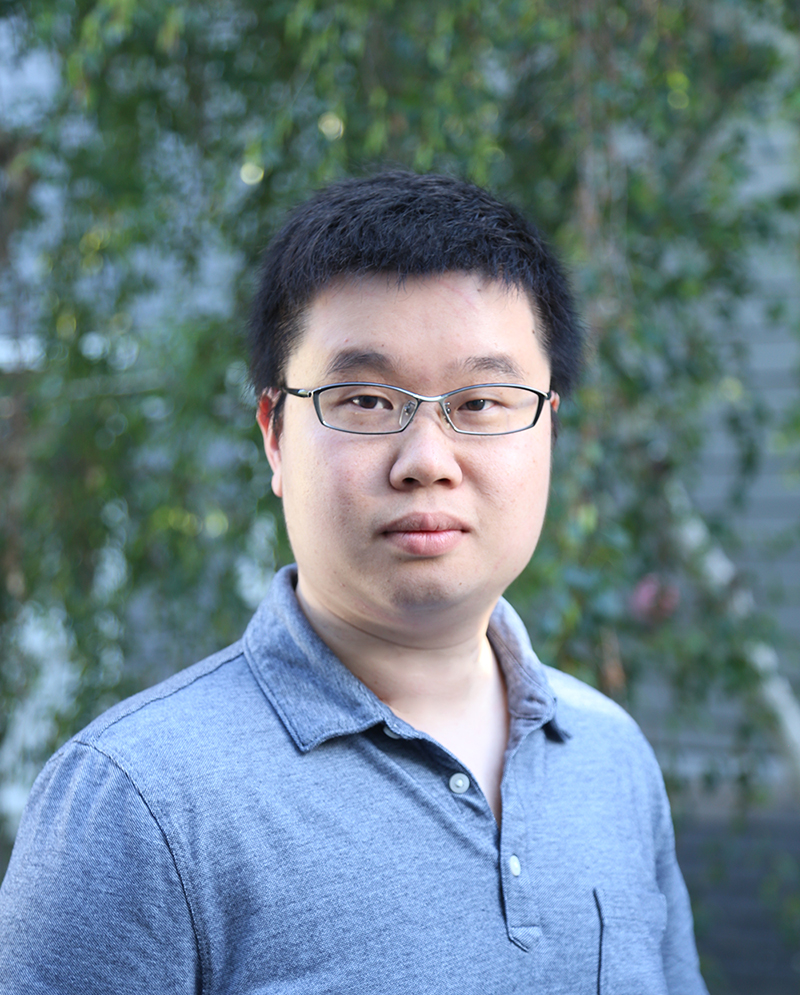Zhiding Yu, Towards Weakly-Supervised Visual Understanding
Learning with weak and self-supervisions recently emerged as compelling tools towards leveraging vast amounts of unlabeled or partially-labeled data. In this talk, Zhiding presented some of the latest advances in weakly-supervised visual scene understanding from NVIDIA. Specifically, He summarized and discussed some challenges and potential solutions in weakly-supervised learning, and introduced his works mainly from three directions:
1. Learning with Inaccurate supervision,
2. Learning with Incomplete supervision, and
3. Learning with Inexact supervision.
Zhiding talked about specific works and applications that are aligned with these directions, including semantic boundary detection under noisy annotations, unsupervised domain adaptation, person re-id and weakly-supervised object detection, with their applications in autonomous driving, robotics, medical imaging and AI city.
 Zhiding Yu joined NVIDIA Research as a Research Scientist in 2018. Before that, he obtained Ph.D. degree in ECE from Carnegie Mellon University in 2017. His research interests mainly focus on deep representation learning, weakly/semi-supervised learning, transfer learning and deep structured prediction, with their applications to: (1) general scene/video understanding, (2) bottom-up perceptual grouping and mid-level vision, (3) robust representation for cross-domain/cross-task/open-
Zhiding Yu joined NVIDIA Research as a Research Scientist in 2018. Before that, he obtained Ph.D. degree in ECE from Carnegie Mellon University in 2017. His research interests mainly focus on deep representation learning, weakly/semi-supervised learning, transfer learning and deep structured prediction, with their applications to: (1) general scene/video understanding, (2) bottom-up perceptual grouping and mid-level vision, (3) robust representation for cross-domain/cross-task/open-







